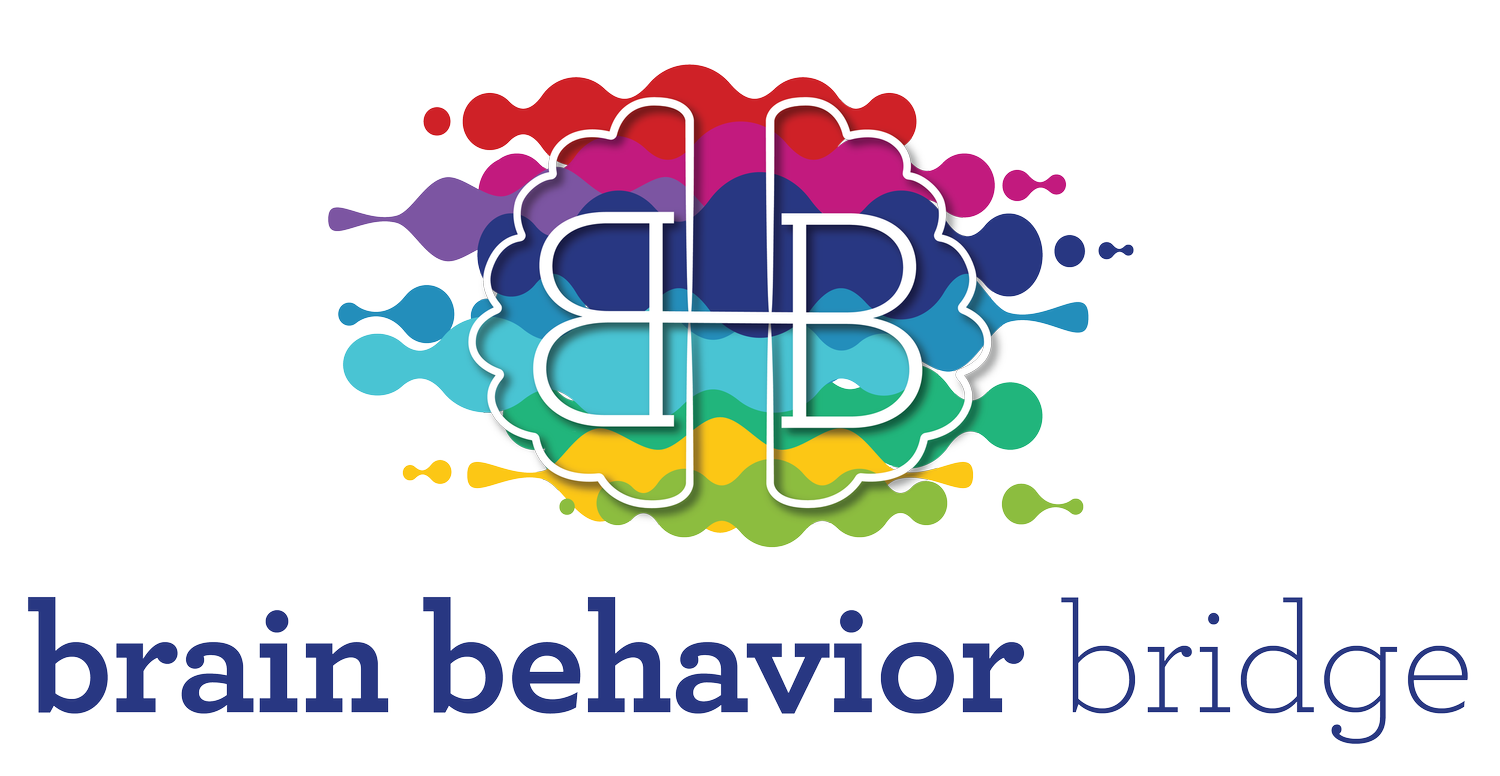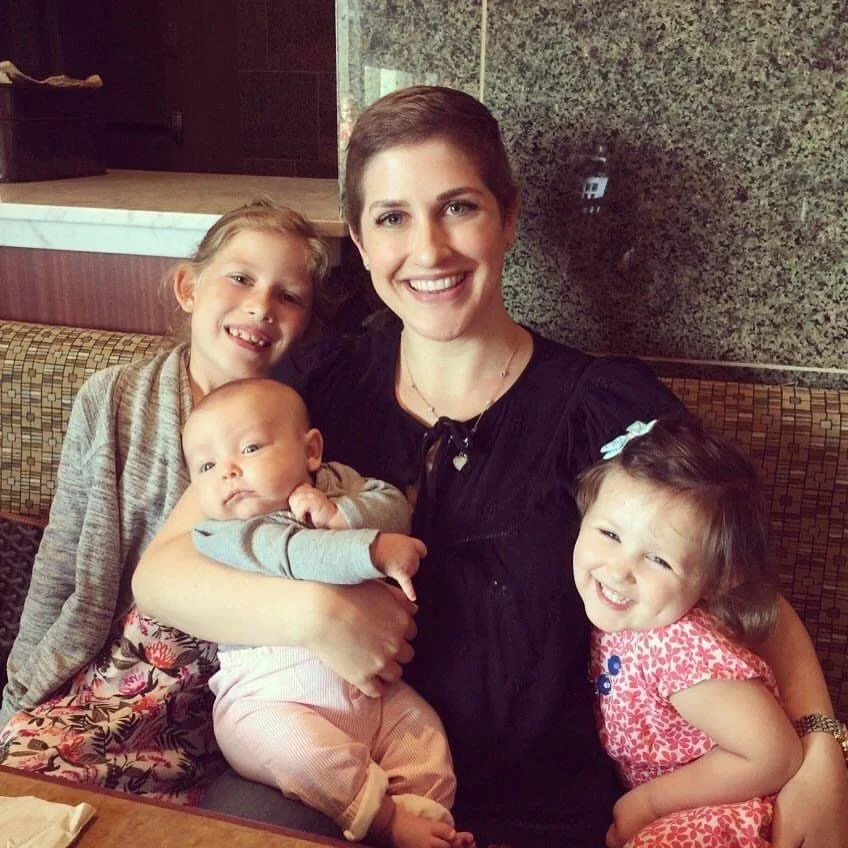Helping Kids Cope with Loss
It was a Saturday when I told my kids that my sister was going to die. I cried as I tried to explain why I was so emotional and what it meant for us and for them. It was a surreal experience. One that I'll never forget. It was also the start of some of the most difficult parenting I've ever had to do.
You see, my 29-year-old sister, Susannah, died less than two weeks after that conversation. She went to a friend's wedding on a Saturday, something that meant the world to her, and then before the week ended, she finally allowed her body to give out. After an 18-month battle with metastatic breast cancer, it was over.
Although it was one of the hardest times in my life, it taught me the most about helping kids cope with tragedy. I realized that all my years of studying psychology and working with children had led me to this point in my life.
I miss my sister every day. I miss the way she was the first to respond to a family text about the kids. I miss her quick, witty, usually sarcastic comments to my Dad. I miss how she would strongly disagree with my other sister, Becca and then when Becca would concede, she would quickly get mad, yelling at her to build up her self-esteem and stand strong in her convictions. I miss the way she would rag on me for what I was wearing or not wearing or send me something about the latest beauty trend. I miss how caring and passionate her heart was. How we'd talk for hours about the kids with whom she worked so she could figure out what made them tic and how she could help them more.
Susannah was fierce, sassy, opinionated, pushy, and loyal. If someone needed help, she was there, whether it was a friend, family, or a random girl on the street in need of a doctor or a therapist. Susannah was there. Right up to the very end, she was more concerned about others.
So when my kids push back, when they paint their nails a certain color, when they play with other kids and see the good in them, or help someone who needs it, I think of Susannah, "Aunt Nanna," and smile. We laugh about what Aunt Nanna would say or what she would have done, and we hold each other tight. We've learned to stop wasting time and have started doing the things we always thought of doing or saying the things we hesitated to say. That's how you celebrate life, and that's what I'm hoping to teach my children about coping.
In the midst of working through all of these emotions with my family, we learned some valuable lessons. We coped together and this experience has taught my children how to manage loss and heartache while still moving forward. I used these guidelines as tools to help my children learn the skills necessary to cope and believe they could be useful for others who find themselves struggling to cope with the loss of a loved one.
Tell your kids what's happening, but do it at their level. Explain what you know and what you don't know at the most basic level, then ask if they have questions. Follow their lead with what to tell them. Find out what they're thinking by listening to their questions. Try not to impart your feelings on them or assume that they've made a leap. With my sister, I understood quickly that anyone could die quickly. I was afraid to scare my children. Neither of them made this same leap. They didn't think they'd lose their parents, they weren't worried about their friends or their grandparents. They were just sad about their Aunt Nanna and unsettled because the family was emotional. We made a point to separate the concepts of being sick from having cancer and having cancer from having terminal cancer. We dealt with the realities and worked to make the most of what time we had by spending it together. We started there and listened for any bigger worries the kids might have had.
Don't overreact. As much as you may be reactive when you're emotional, remember, kids will have a reaction too. Reactions are normal. Sometimes they'll kick, sometimes they'll scream, sometimes they'll get whiny, and sometimes they'll get quiet. Watch them, support them, be their voice. Explain how you're feeling by labeling your emotions and sharing your thoughts out loud. Then ask your child how she's feeling. Then ask again and again. Try to pick your times carefully and try to not take their reactions personally. Your child is learning how to handle a lot of adult emotions. Just model what to do with all the feelings. Talk, cry, workout, be good to yourself and label those things. Your children are watching you. If you hide all your emotion, they will never learn how to heal. They’ll never learn how to cope and manage strong, mixed feelings. And they’ll be in danger of breaking. I know this because I almost did, and I have years of academic, professional, and personal experience dealing with emotions.
When you have no emotional energy left, call in reinforcements. Tell your kids what you’re doing and why. Tell them you love them, but you’re sad and you need some time to feel better. In my case, I had good friends to help take care of my children as I took a few days to grieve. We all went away together, but the burden of cooking, cleaning, an managing behavior was taken off me for a bit. That gave me the space to find the emotional energy I needed to be able to get back to raising my kids. It also modeled for my kids how to take care of our own emotional health and move forward. This was important for all of us.
Don’t be afraid to show emotion. Show your kids how you can laugh, cry, and be angry all at the same time. How emotion doesn’t stay in a box. How to take that emotion out of the box, piece through it, figure out what it means and what to do with it, and then put it away again and function. Teach them not to be afraid of emotion, but instead to manage it, work with it, and turn it into something productive. In our case, we chose to focus on raising money for St. Jude in my sister’s honor. It allowed us to focus on honoring her life’s work with children and allow her legacy be that of supporting families managing cancer like she did. That focused our emotion in a positive way and gave it an outlet.
Teach your kids how to remember. Talk about life. Keep the happy memories alive, they’ll eventually replace the sad ones. Remembering is a way to channel the emotion and use it positively and productively.
I remember asking my son how he was feeling shortly after my sister passed. He said, in a childlike voice with funny “r’s” and twisted “l’s”, “I’m a little sad and a little happy. I’m sad that Aunt Nanna dies, but I’m happy when I remember her. I’m just trying not to think about the dying part and think about the living part.” Well said, my little man, well said.

